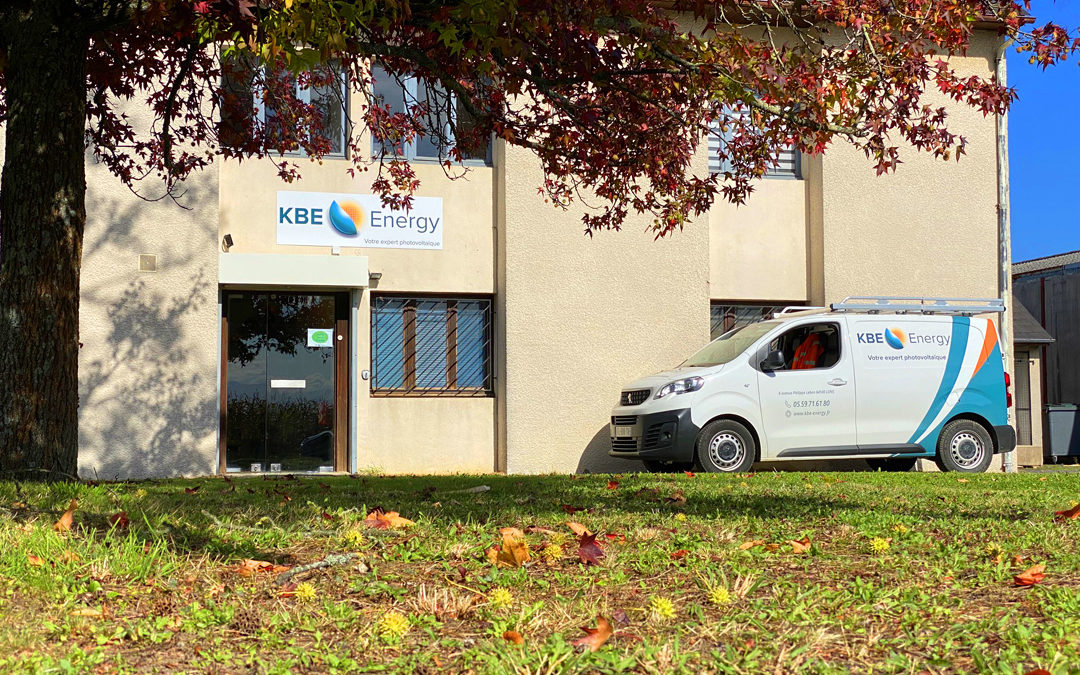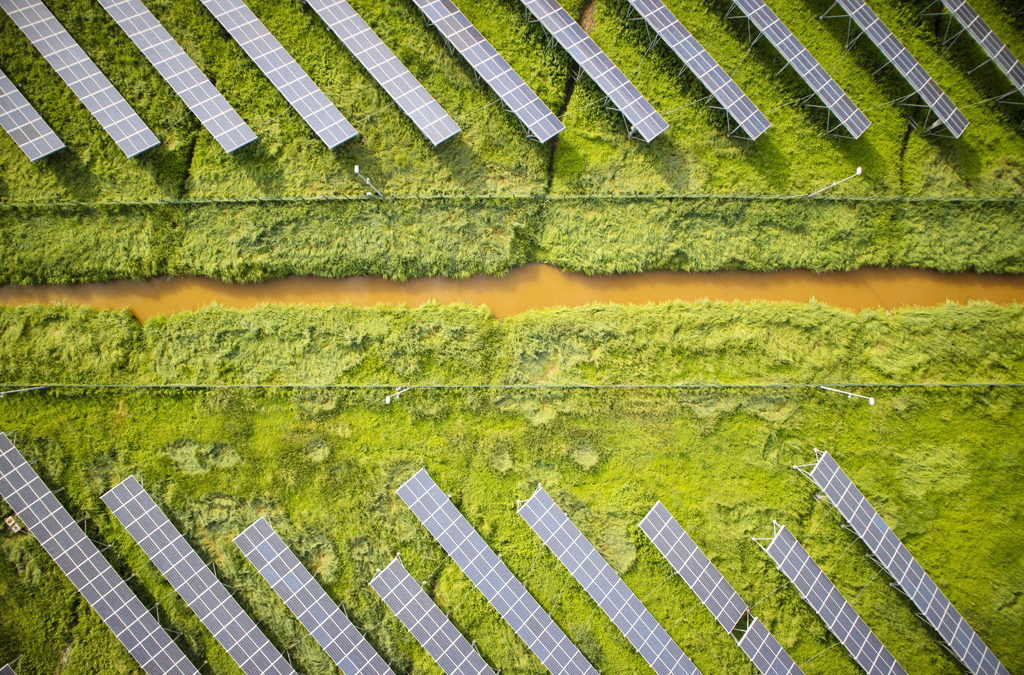A boost for the market! Two measures for supporting the development of the photovoltaic sector, confirmed by the Ministry of the Ecological Transition, should give the market a boost:
Simplification to allow projects of up to 500 kWp to be developed without having to organise a competitive procedure.
Maintenance of a sufficient level of support for the sector by limiting the reduction in the feed-in tariff planned in the current tariff order.
In order to encourage the production of renewable energy by all, the government is establishing two new measures to develop the local production of solar energy. First change. The upper limit of 100 kWp for an entitlement to fixed tariffs for roof-based installations is going to be increased to 500 kWp. This measure thus allows more projects to be created in a simplified way, without companies having to participate in a call for tenders. It will come into force on completion of the notification process to the European Commission. It is one of the measures proposed by the Citizens’ Convention for the Climate, which is intended to boost the installation of photovoltaic projects on buildings by simplifying access to government support. This measure will thus consolidate the development of large rooftop projects, which is one of the cornerstones for achieving the targets of the Multiannual Energy Programme (PPE) as regards photovoltaic energy.
A reduction of the feed-in tariff limited to 3.8%
Another change, the feed-in tariff. Currently the tariff is revised automatically every quarter. The formula of the current tariff order would mechanically result in a reduction of 8.7% on 1 October 2020. Such a reduction would not reflect the current actual evolution of photovoltaic costs. It would result in a marked slowdown of the sector’s recovery. The Government is therefore going to limit this reduction of the feed-in tariffs to 3.8%. The order will be published in the next few days, after the mandatory consultations under way. This measure will enable support for the sector to continue, within the context of the recovery plan.
These two texts were examined by the CSE – the higher energy council – on 29 September 2020 which approved them.


